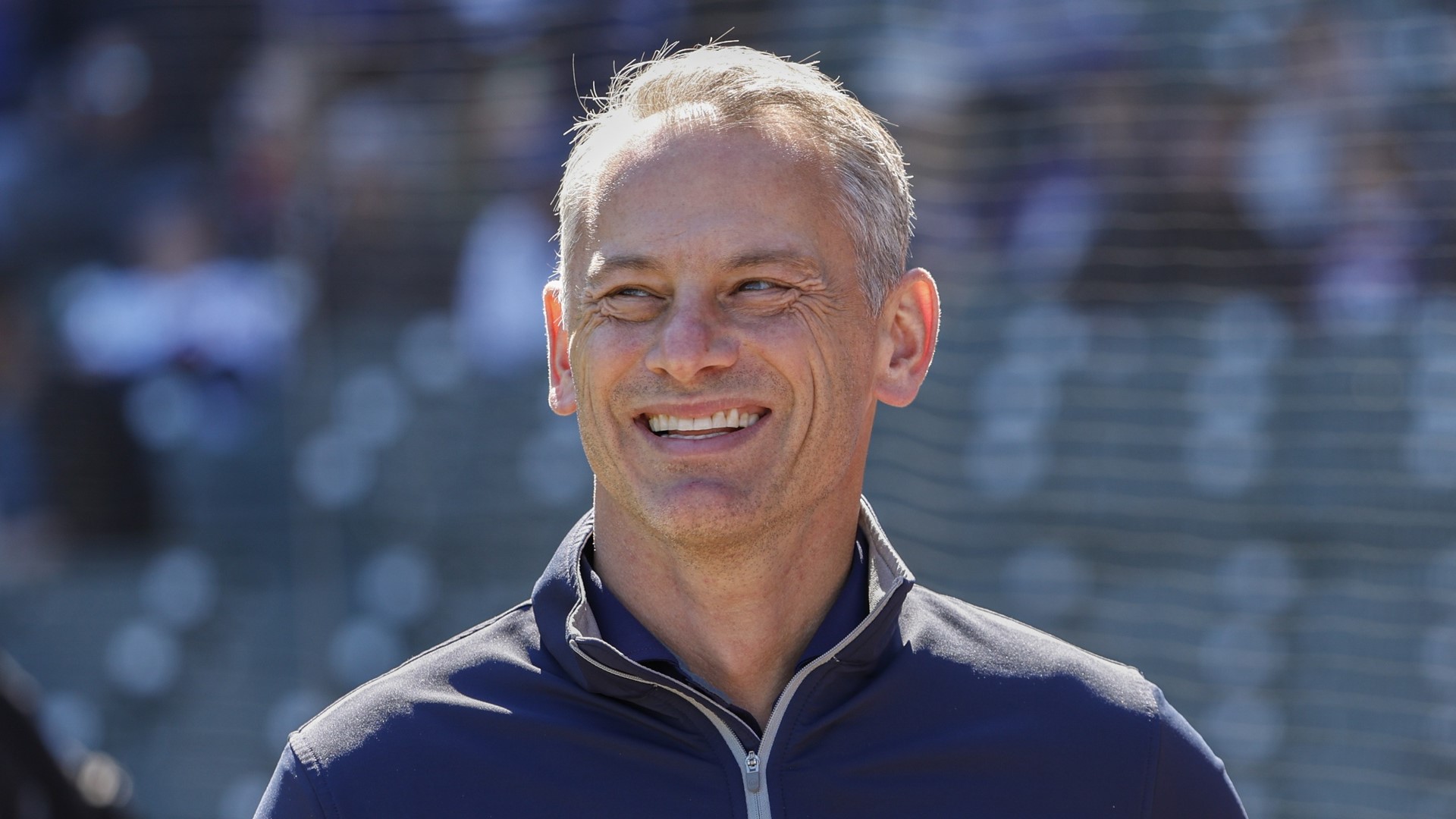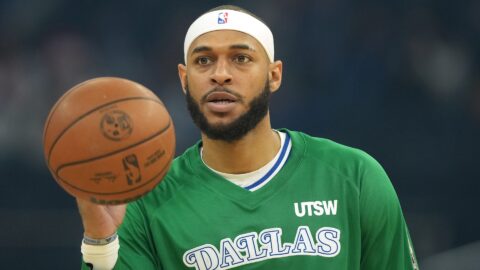Michael Ryder, come on down – you’re the next contestant on The Price Is Wrong.
While the Bruins still await the decision from Blake Wheeler’s Tuesday arbitration hearing — which will determine the full extent of their salary cap issues – it is clear that general manager Peter Chiarelli will have to find a way to move out some salary at some point.
Even without Wheeler and top pick Tyler Seguin in the fold, the Bruins are already pushing up against the cap limit. With Marco Sturm out until November, they will have some breathing room with his long-term injury exemption, but eventually, someone likely will have to go. And with the rumored efforts to deal Marc Savard or Tim Thomas apparently at a standstill, Ryder and his $4 million cap hit might be the most logical place to look for cap relief.
It’s not a matter of Ryder being incapable of helping the Bruins on the ice. While he struggled last season with just 18 goals and 33 points, Ryder did have 27-26-53 totals the year before in his first season in Boston. Overall, he’s scored 25-plus goals in four of his six NHL seasons with a pair of 30-goal campaigns.
He bounced back once already from a miserable final season in Montreal (14 goals, 31 points in 2007-08) with his strong first year in Boston, and he is certainly capable of a similar rebound this year. That would certainly help a Boston squad that finished last in the league in scoring in 2009-10.
If the Bruins had more space under the cap, there would be no hesitation to let him try to regain his scoring touch in Boston as he plays out the final season of the three-year, $12-million deal he signed in 2008. But the Bruins might not have that luxury with the other salary commitments on their books.
So what will become of Ryder? Wheeler’s arbitration decision will open a new window for a buyout, though Chiarelli repeatedly has denied any interest in going that route this summer.
"I know everyone is talking about buying out Ryder," Chiarelli said back in June. "He had a frustrating year. The year before, what did he score the year before? So I’m not going to buy out him, and nobody else. We need wingers, and we need wingers that can score, and historically, he has done that."
Chiarelli might reconsider the option now that he’s so tight against the cap, but a buyout would be problematic for several reasons. While it would save $2.67 million off the cap this year, that may not be enough on its own to solve Boston’s cap problems. It would also add $1.33 million in dead cap space to next year’s cap as well as this year's, as buyouts call for a payment of two-thirds of the contract spread over twice the remaining years.
With the Bruins already facing potential cap penalties next year if they have to carry over bonuses earned by Seguin and others, adding more dead money to the 2011 cap wouldn’t be wise.
That leaves either trying to trade Ryder or putting him on waivers. The combination of his high salary and his struggles last year makes trading him difficult, but his past success and the fact that he only has one year remaining on his deal might entice someone to take a chance on him, especially if the Bruins are willing to sweeten the deal with an additional draft pick or prospect.
Ryder hopes it won’t come to that, but also understands the nature of the business.
"Yeah, for sure," said Ryder, when asked if he wanted to return following the club’s playoff ouster in May. "I think we have a good team here. Even though the regular season was disappointing, I think in the playoffs we showed the kind of team we could be. You can learn a lot from the past two years that we can bring into next year and get over that little hump that’s holding us back."
A trade might be preferable to Ryder over the final option of being put on waivers. Another team might bite on claiming him if waived, and while losing a potential 25-goal scorer for nothing isn’t ideal asset management, it might be the best solution in this case.
If Ryder went unclaimed, the Bruins could then send him to Providence and clear his entire $4 million salary from their books. Ownership might balk at that proposal, however. Spending that kind of money in the minors would be tough to swallow, especially since the Bruins are already spending over the cap this year in real money with front-loaded deals paying out salaries to Savard and Thomas higher than their cap hits.
That would also be a worst-case scenario for Ryder, as the Bruins couldn’t risk bringing him back on recall waivers and taking a $2 million cap hit if another team claimed him then. So Ryder would be stuck in Providence for the entire year, though he would get his full salary.
Burying Ryder in the AHL could cause long-term problems as well. Would the Bruins want a potentially disgruntled veteran around the prospects they’re trying to develop? And would other potential free agents take a negative view of the Bruins if they see a veteran like Ryder, who clearly does belong in the NHL even if his recent production might not match his salary, get buried in the minors for cap reasons?
Back in May, Ryder knew that changes were likely coming, even as he hoped he wouldn’t be one of the players on their way out of Boston.
"It seems like a lot of players move around all over the league, and you really don’t know what’s going to happen and what teams are looking for, but I think there’s a good bunch of guys in here, and we have a good team," said Ryder. "The playoffs were disappointing, but I think we can definitely be competitive and stay at the top of the league if we can just find a way to get over that little hurdle."
Before the Bruins can clear any hurdles, they first have to find a way to limbo under the cap. But is shedding Ryder the best move?



